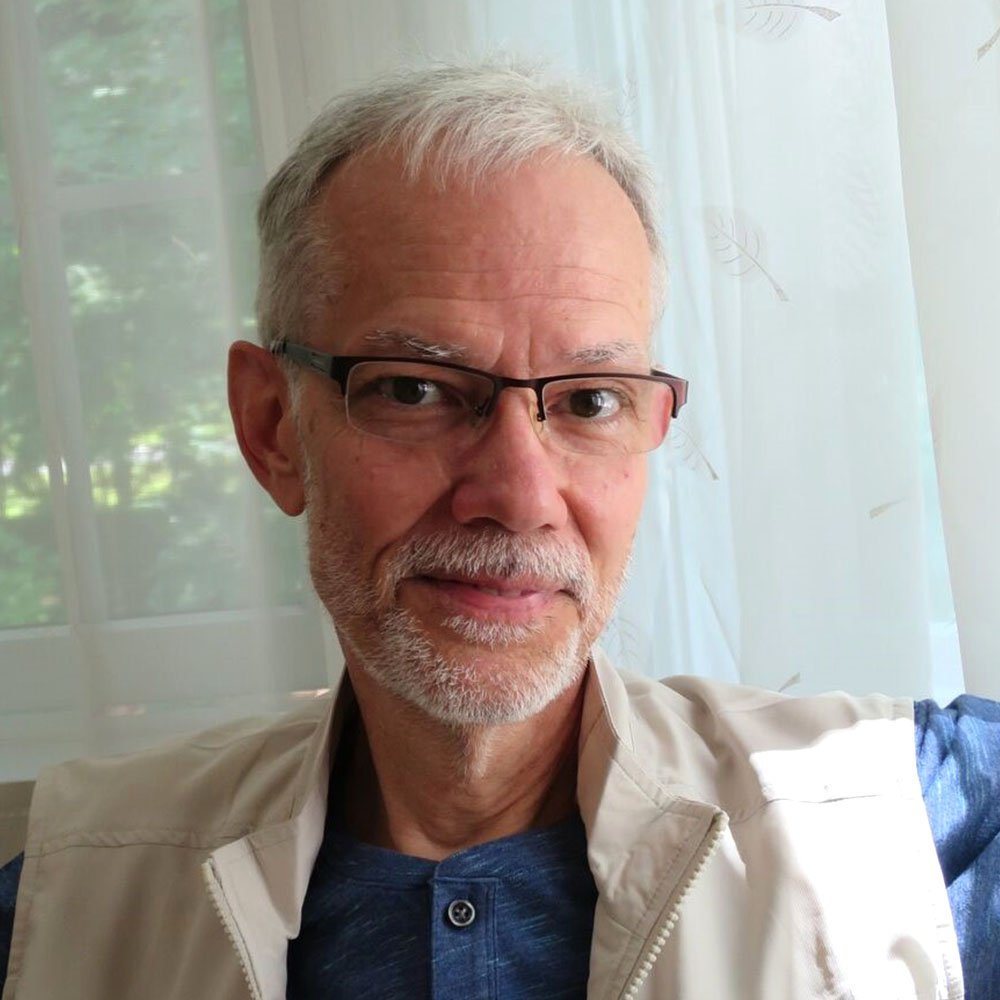
Using the Good Lives Model with Adolescents and Young Men Who Have Harmed Others
Already purchased an On Demand training?
Click here to access your Safer Society On-Demand Training Center account.
The Good Lives Model (GLM) is a strengths-based rehabilitation practice framework that augments the risk, need, and responsivity principles of effective correctional intervention through its focus on assisting clients to develop and implement meaningful life plans that are incompatible with future offending. Originally developed for use with adults, the GLM has been successfully adapted to support adolescents and young men in developing healthy, prosocial identities.
develop and implement meaningful life plans that are incompatible with future offending. Originally developed for use with adults, the GLM has been successfully adapted to support adolescents and young men in developing healthy, prosocial identities.
Grounded in the principles of effective rehabilitation, this presentation by David Prescott—an internationally recognized expert in sexual violence prevention and rehabilitation—explores how the GLM can be applied to work with adolescents who behaviors have caused harm to others, including sexual and non-sexual violence. Through case examples and discussion, participants examine the model’s core elements—including primary human goods, approach goals, and the principles of effective intervention—while gaining insight into treatment methods that support change. Emphasis is placed on understanding how developmental adversity, unmet human needs, and family dynamics can influence harmful behaviors. Attention is also given to identifying obstacles to a good life plan and implementing GLM-based strategies across clinical and community settings.
By emphasizing personal meaning, positive identity development, and practical pathways to wellbeing, this training offers a comprehensive framework for fostering lasting change and reducing recidivism among youths who have caused harm.
1) Describe the primary human goods in the Good Lives Model and their role in rehabilitation planning
2) Explain the relationship between identified risk factors and the development of approach-oriented treatment goals
3) Apply approach goals to support effective intervention strategies in clinical practice
4) Identify four common obstacles to achieving one’s good life goals
5) Describe two components of internal motivation that influence behavioral change
Audience
This training is primarily for professionals who work with adolescents and young men who have engaged in harmful behaviors, including sexual and non-sexual violence. This includes therapists, counselors, case managers, social workers, probation and parole officers, educators, and other professionals who work with at-risk youths.
Content Level
Disclosure
Continuing Education Approval
American Psychological Association (APA)
Safer Society Foundation, Inc. is approved by the American Psychological Association (APA) to sponsor continuing education for psychologists. Safer Society Foundation, Inc. maintains responsibility for this program and its content.
Association of Social Work Boards (ASWB)
Safer Society Foundation, Inc., provider #233, is approved to offer social work continuing education by the Association of Social Work Boards (ASWB) Approved Continuing Education (ACE) program. Regulatory boards are the final authority on courses accepted for continuing education credit. ACE provider approval period: 06/06/2025—06/06/2026. Social workers completing this course receive 4 clinical continuing education credits.
Who's Presenting

David Prescott, LICSW, ATSA-F
A mental health practitioner of 40 years, David Prescott is the Director of the Safer Society Continuing Education Center. He is the author and editor of 25 books in the areas of understanding and improving services to at-risk clients. He is best known for his work in the areas of understanding, assessing, and treating sexual violence and trauma. Mr. Prescott is the recipient of the 2014 Distinguished Contribution award from the Association for the Treatment and Prevention of Sexual Abuse (ATSA), the 2018 recipient of the National Adolescent Perpetration Network’s C. Henry Kempe Lifetime Achievement award, and the 2022 recipient of the Fay Honey Knopp Award from the New York State Alliance for the Prevention of Sexual Abuse and New York State ATSA. He also served as ATSA President in 2008-09. Mr. Prescott currently trains and lectures around the world. His published work has been translated into Japanese, Korean, German, French, Polish, and Southern Tutchone. He has served on the editorial boards of four scholarly journals.
